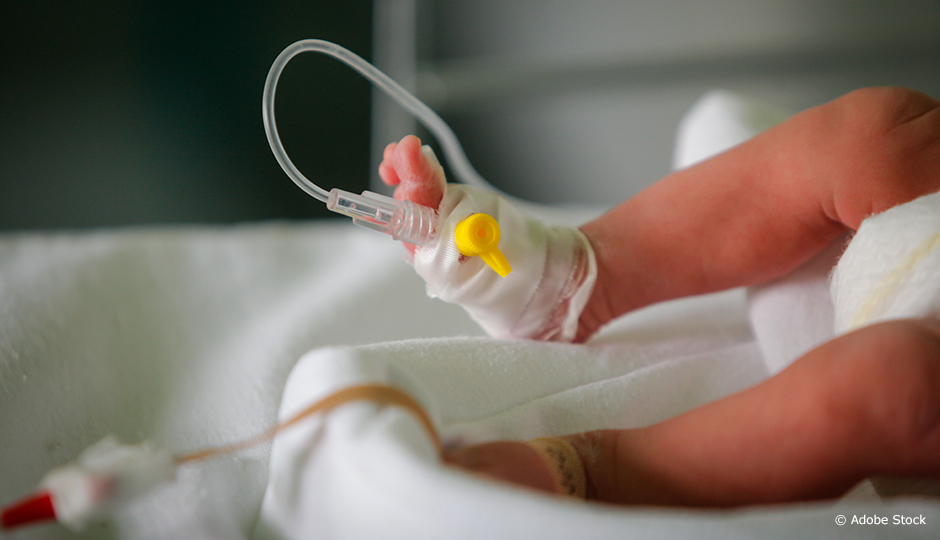A study led by Thuy Mai Luu, professor at Université de Montréal and clinical researcher at the Centre hospitalier universitaire Sainte-Justine, reveals that extremely premature infants born before 30 weeks of pregnancy are 2 to 3.5 times more likely than term babies to suffer from hypertension, glucose intolerance leading to diabetes and lung problems in adulthood.
According to her findings, nearly half the preterm infants showed often imperceptible signs of chronic disease in very early adulthood.
Dr. Luu followed a cohort of young adults ages 18 to 29 of which 101 individuals were born prematurely and 102 were born at term. According to her findings, nearly half the preterm infants showed often imperceptible signs of chronic disease in very early adulthood. Because most young people do not get regular medical checkups, the start of their treatments is often delayed.
The pediatrician is now advocating for the medical community to recognize people who were born extremely prematurely as an at-risk population to ensure they receive more frequent medical follow ups. She is also working to evaluate the potential of physical activity to prevent certain health issues. The preliminary results of her study, which is currently underway, suggest that an exercise program can effectively lower blood pressure in premature babies.
The researcher is also interested in moderately premature babies born between 30 and 36 weeks of pregnancy, since they are often under the care of family physicians who do not necessarily have the tools for the early detection of developmental delays. The team is now aiming to establish an algorithm to identify the infants at higher risk who could benefit from follow ups in specialized child development clinics. The algorithm will be based on clinical data (neonatal characteristics, neurological assessments), brain health biomarkers from premature babies and parent questionnaires, and the children’s neurodevelopment will be assessed over a two-year period. Dr. Luu has already recruited half her cohort of 235 premature infants who received intensive care after birth.




